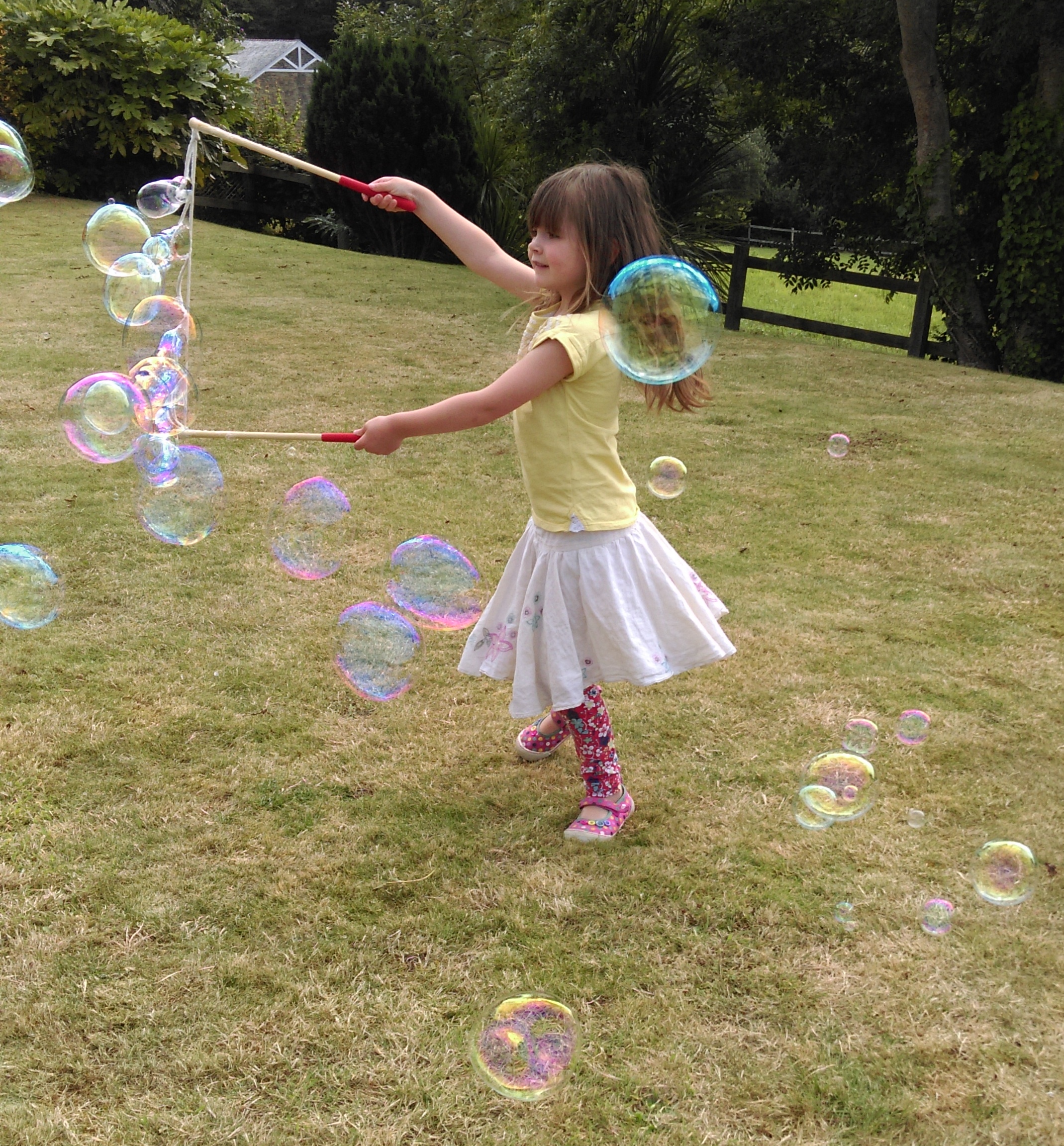 A life of worship is one filled with the vivid and joyous awareness of God near us. When I live in the light of how good he is and how much he is involved in my life, praise and worship overflows from my heart as a natural response. A life of worship is characterised by joy, peace and a trusting assurance in his leadership, so I can always tell where my heart really is with this!
A life of worship is one filled with the vivid and joyous awareness of God near us. When I live in the light of how good he is and how much he is involved in my life, praise and worship overflows from my heart as a natural response. A life of worship is characterised by joy, peace and a trusting assurance in his leadership, so I can always tell where my heart really is with this!
We need to persevere and sometimes fight for that awareness to inform our thoughts and actions. There are so many conflicting messages in our culture that make it hard to truly believe God is who he says he is. Our modern awareness of the vast expanse of the universe and how tiny we are in comparison, for example, can make it difficult to see how one individual could be significant to God. And when our own lives are shaken, we know that it can be a real challenge to keep hopeful and to keep trusting that God is actively involved in our lives.
So what can we do to develop a lifestyle of worship that we can sustain through the good and the bad?
I find that there are structured and spontaneous disciplines that I can take on, both as an individual and in my community, that help me to sustain a life of worship.
The structured…
I highly appreciate having regular rhythms of worship in my own life and in my community, repeatable patterns of praising God. A rhythm of worship could be as simple as saying grace before a meal. Having regular patterns are great, because once you have set them up all your energy can go into doing the thing you wanted to do (worship), rather than constantly having to work out what to do and when. They also make it easier for others to join in, and they form a habit which is easier to keep going through the hard times.
Regular rhythms of worship that have worked for me and for my communities include:
- Worshipping on my own as the first thing I do in a day, before my mind gets filled up with all the daily business
- Writing a record of God’s blessings over the past year
- Going for a walk with God every week and using nature as a stimulus to worship
- Saying thank-yous to God around the dinner table with my community. This was a very simple and effective way of keeping worship central, but initially there was a bit of awkwardness to overcome! Sometimes it can be counter-cultural to openly prioritise worship.
- Going away every year to a conference with my husband to put ourselves an environment of extended prayer and worship.
The spontaneous…
These are things that I might choose to do in a moment, as a response to something particular.
- Remembering to be thankful throughout the day – I find this really powerful in training my mind not to be negative and to appreciate and notice what God is doing. I also often find it one of the most difficult disciplines.
- Reading books, listening to talks or learning from people who I know will point me towards God and his goodness – I’ll often use this as a response when I’m feeling under pressure or confused.
- Having a season as a missional community of intensive worship where we decide to meet together frequently just to praise God.
- Simply saying thank you to God with my friends, when something good happens. One of my friends will often finish her good news text messages to me with the words ‘Thank you God!’ which is a brilliant way of reminding us of who we have to thank.
It’s important that what we do reflects who we are, so that our worship is a natural overflow of praise. I love finding creative ways of doing this – I know of families who have a ‘thankfulness jar’. They write notes of good things that happen to them and collect them in the jar. Then, at a set time, they take them out and celebrate all the stories.
As leaders, when we step out and consciously live a lifestyle of praise we can begin to set the culture in our communities. That makes it easier for everyone to live in the knowledge of God’s goodness and constant nearness. And as our lives and communities become more thankful, full of praise and worship, then we train our minds to listen to God’s truth and to be more aware of him. This means our lives can be more aligned to his will and purposes and more open to what he wants to do.
Catherine Hartston



This Post Has One Comment
I find that, for me, it’s important to evaluate frequently my current position in my spiritual journey. It goes along your suggestion of writing a record of His blessings upon me. With a frequent evaluation, I’m writing that record as I move in my spiritual path. And I try to keep it simple, down to four questions: Has my ability to love Him and others increased? Do I know His Person and Work better? Am I enjoying applying my gifts? Have I use opportunities to share my story with others? The answers to these questions help me to keep a foundation for my life of worship.